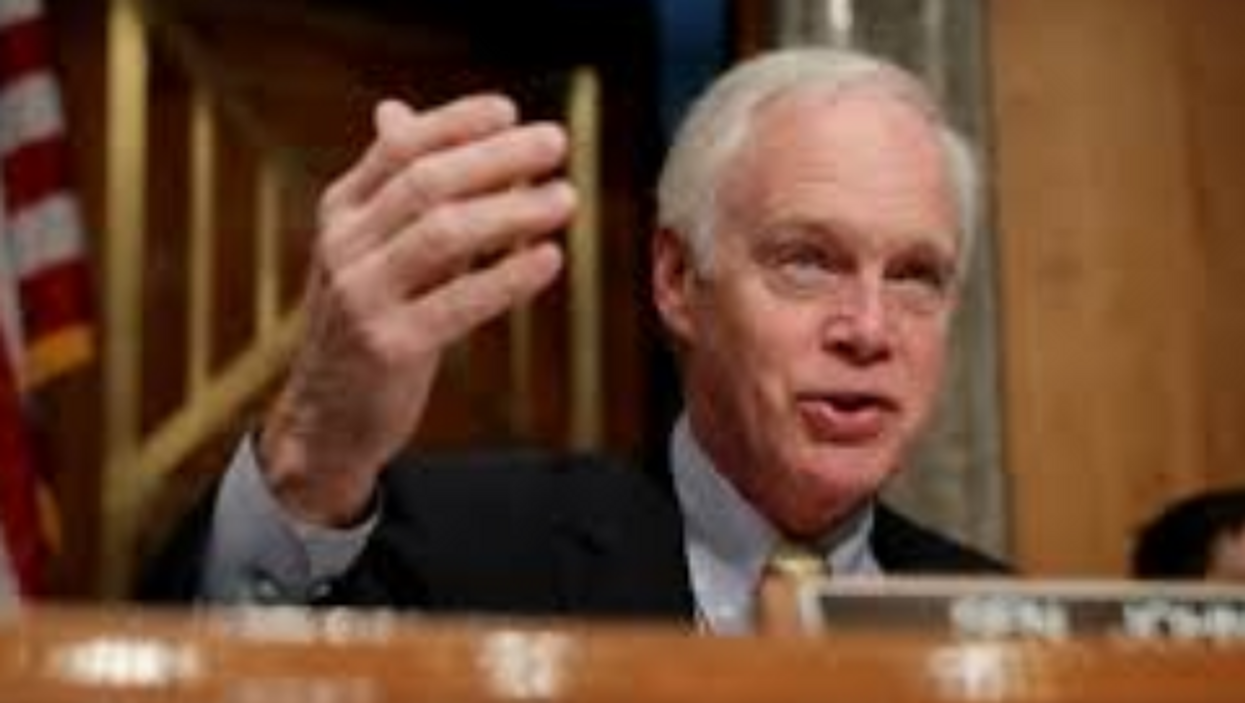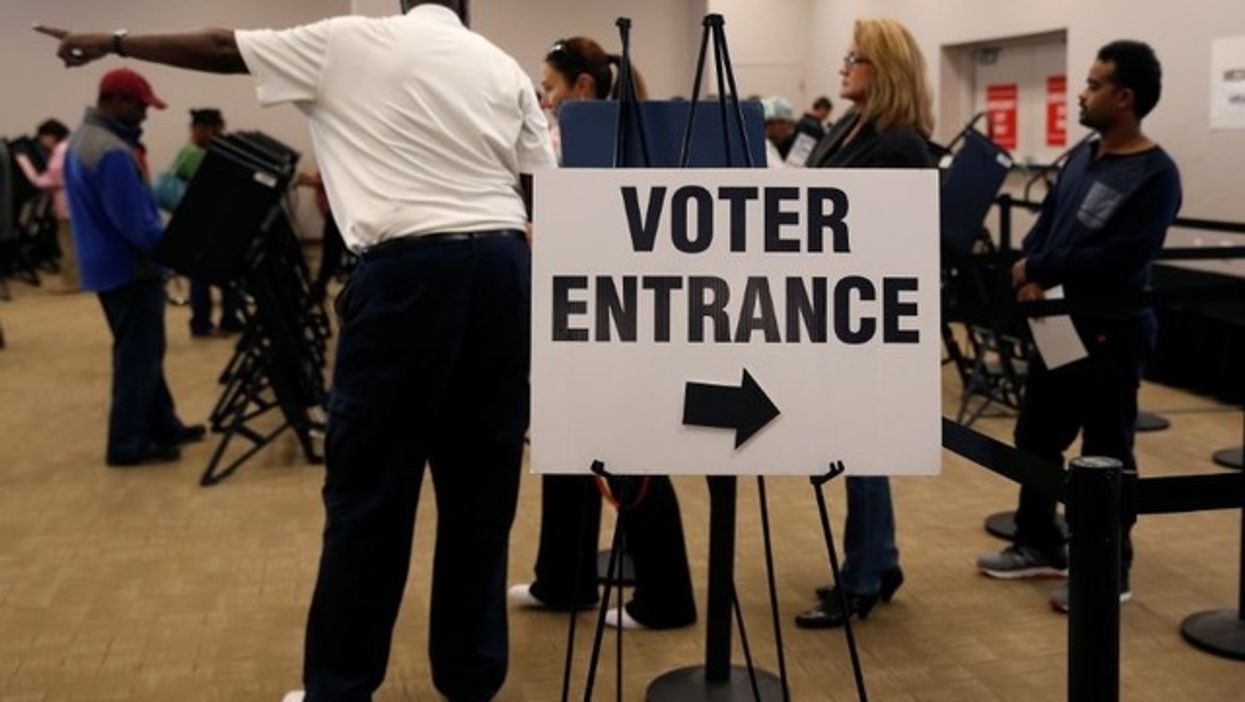Sen. Ron Johnson thinks he has a solution to the labor crisis in child care. Typically of Johnson, his proposed solution craps in equal measure on child care workers, women receiving public assistance, and Wisconsin state law.
“When you have mothers on different kinds of public assistance, to me, an elegant solution would be, why don’t we have them help staff child care for other mothers?” Johnson asked on a recent telephone town hall. “I think there’s an imaginative solution here.”
It’s not that imaginative. Women taking care of other people’s children, formally or informally, as a way to earn a little income while caring for their own children at the same time, is not a new idea or practice, and Wisconsin banned state subsidy payments from going to child care providers where employees’ children received care in 2009, because it’s not always a good idea. (Though it can be! It’s just complicated and there need to be guardrails.) Johnson even acknowledged some of the possible problems, saying, “I understand, you know, having a mother in charge of a bunch of kids plus her own kids, she may not provide the care to the other kids.” But he still wanted to be “imaginative” about a thing that’s been done basically every way you could imagine.
Beyond Johnson’s lack of imagination, there are big problems on both sides of the equation here. Children in daycare deserve better than people who have been forced into the job without training or motivation. Early childhood education is a job that involves knowledge and training and skill, and being a mother does not automatically equip a person to care for multiple children who are not your own. Unless Johnson is envisioning a major early childhood education training system to equip women on welfare to be skilled, high-quality caregivers for young children (he’s not), he’s suggesting the creation of really inadequate care environments.
On the other side, women on welfare deserve better than to be shoved into a demanding, low-paid profession simply because they are in need of that type of service for their own kids. Many are unemployed for very good reasons beyond having children. Work requirements more generally have been shown not to reduce poverty. And giving employers essentially a pool of semi-forced labor is going to make jobs worse for everyone.
A Johnson spokesperson insisted that he was just suggesting something that already kinda-sorta happens. “His suggestion was to look at Wisconsin’s law that prevents a child care provider from receiving funds if an employee’s child receives care,” Alexa Hennings said. “He said he understood why that law is in place but suggested we reevaluate it to see if there’s some way to create a win for children and parents. Why should child care centers be different than schools that allow teachers to teach at government-funded schools where their children attend?”
So many reasons. Most child care centers are much smaller than most K-12 schools, increasing the likelihood that a child will be cared for by its own mother. He is not talking about pushing anyone into K-12 teaching for the purposes of getting schooling for their children. Kids attend schools where their parents teach usually when their parents teach in the local school, rather than there being a system set up to put parents and children into the same schools or even classrooms. It’s a blisteringly stupid comparison.
Two of Johnson’s Democratic Senate challengers responded sharply to his idea. “We have a full-blown child care crisis and a record number of moms getting knocked out of the workforce,” said state Treasurer Sarah Godlewski. “There are common-sense solutions to these problems, but Ron Johnson’s ‘imaginative’ idea would punish moms and drag us back to the 1950s. I have news for this guy: We’re not going back.”
Lt. Gov. Mandela Barnes said, “The pandemic has effectively set women’s participation in the workforce back a generation, and Ron Johnson’s solution to the child care crisis—on Equal Pay Day no less—is to add to their burden.”
Reprinted with permission from Daily Kos












Trump Cabinet Nominee Withdraws Over (Sane) January 6 Comments